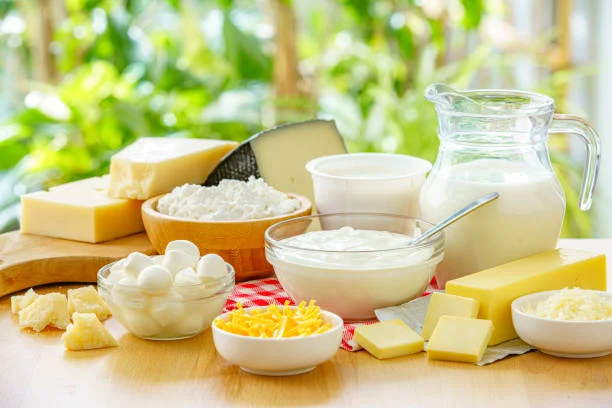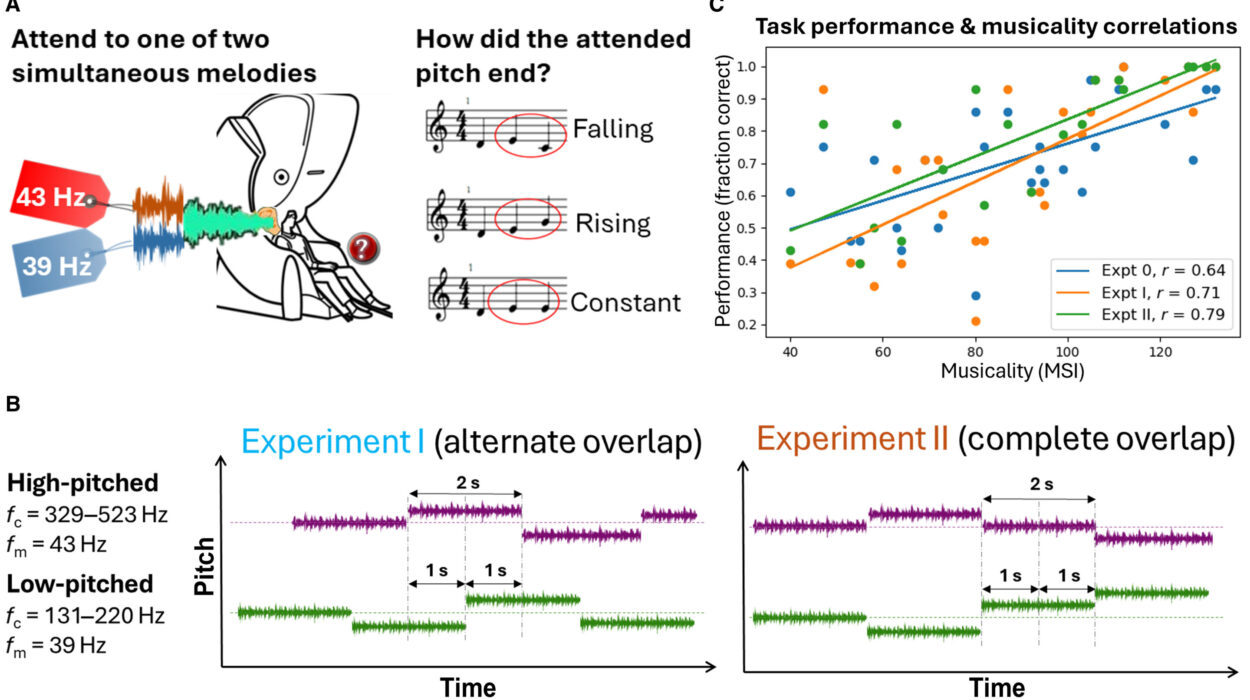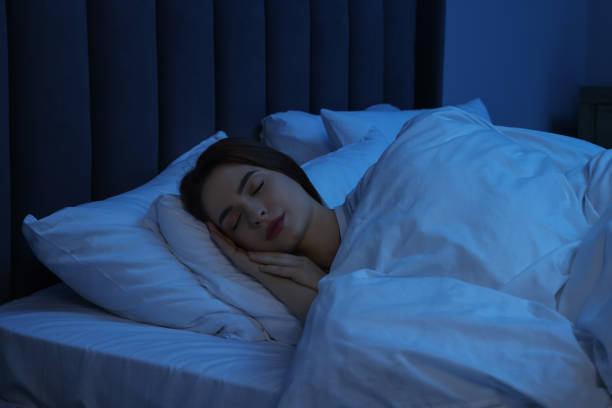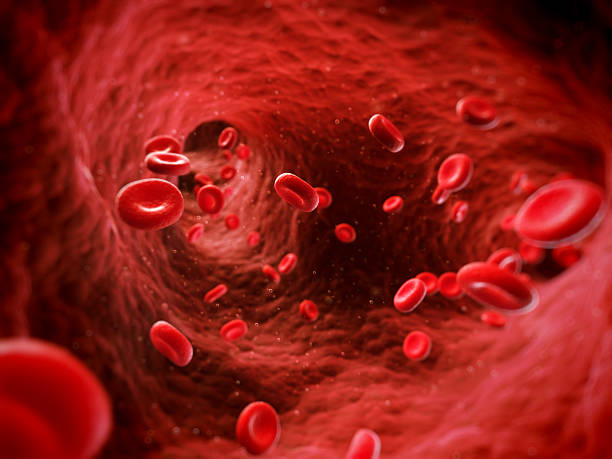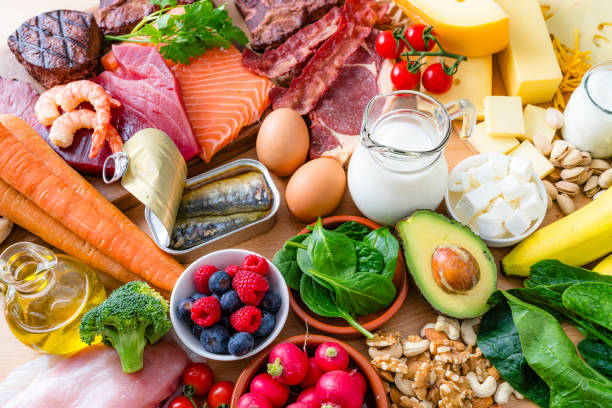If you’ve ever blamed a late-night slice of pizza or a bowl of ice cream for your restless sleep or bizarre dreams, science may finally be catching up with you.
A new study led by Dr. Tore Nielsen of Université de Montréal has uncovered a striking association between dairy consumption and nightmares—especially among people who are lactose intolerant. The findings, published in Frontiers in Psychology, offer compelling evidence that food sensitivities, particularly to dairy, may be silently hijacking our dreams and disrupting our sleep.
For centuries, people have passed around folk wisdom about the connection between food and dreams. That cheese might give you nightmares, or that spicy food could cause tossing and turning, has long been the stuff of late-night speculation. But until now, scientific evidence has remained elusive.
This new research is turning that speculation into something more concrete—and more unsettling.
Dreaming on a Stomach Full of Cheese
The study surveyed 1,082 students at MacEwan University in Canada, asking detailed questions about their sleep habits, quality of rest, mental and physical health, eating routines, and food sensitivities. What they found was both surprising and illuminating.
Roughly a third of respondents reported having regular nightmares. Women, in particular, were more likely to remember their dreams and report poor sleep. Nearly twice as many women as men also reported food allergies or intolerances. The most commonly implicated dietary villain? Dairy.
“Nightmare severity is robustly associated with lactose intolerance and other food allergies,” said Dr. Nielsen, lead author of the study. “These new findings imply that changing eating habits for people with some food sensitivities could alleviate nightmares. They could also explain why people so often blame dairy for bad dreams.”
When the researchers compared people’s sleep quality to their dietary restrictions, the link became clear: people with lactose intolerance were significantly more likely to report nightmares, poor sleep, and physical symptoms like gas and stomach pain—especially after consuming dairy.
The Gut-Dream Connection
But how does a slice of cheddar before bed twist your dreams into monsters?
The answer may lie in the gut. Researchers theorize that for people with food intolerances, nighttime gastrointestinal discomfort may bleed into their dreamscapes. The body and brain aren’t completely separate at night—pain, pressure, or even mild bloating can affect the content and intensity of dreams.
“Nightmares are worse for lactose-intolerant people who suffer severe gastrointestinal symptoms and whose sleep is disrupted,” Nielsen explained. “This makes sense, because we know that other bodily sensations can affect dreaming.”
These nightmares aren’t just momentary discomforts—they can shatter sleep, causing people to wake up suddenly, anxious or fearful. Over time, this can lead to sleep avoidance behaviors or even chronic sleep disturbances.
Not Just Cheese: How Food Shapes Dreams
While dairy was the most frequently blamed culprit, participants also mentioned other usual suspects: spicy foods, sweets, and late-night snacking. Around 40% of participants believed that eating late or specific foods negatively affected their sleep, and about a quarter believed certain foods could make their dreams worse.
Interestingly, those who reported a generally unhealthy diet were also more likely to have negative dreams—or no dream recall at all. The connection between poor dietary habits and disturbed dreaming suggests a larger, more systemic link between nutrition and the brain’s nocturnal activities.
“This research helps answer a question we’re often asked—especially around holidays centered on food,” said Nielsen. “Now we have some answers.”
What This Means for You
It’s not just late-night folklore anymore: what you eat may well shape your dreams.
If you suffer from nightmares or poor sleep and have a known food intolerance—especially to dairy—changing your eating habits might be a low-risk, high-reward experiment. Try removing or reducing dairy, especially in the evening, and see if your sleep improves.
Still, Nielsen is quick to caution that while the connection between lactose intolerance and nightmares is strong, we still don’t fully understand the mechanisms at play.
“It’s possible that people sleep less well because they eat less well,” he said. “But it’s also possible that people don’t eat well because they don’t sleep well, or that another factor influences both.”
The Next Step: Cheese vs. Control
Nielsen and his colleague Dr. Russell Powell hope to take the research further. They envision experimental studies in which participants eat dairy products—like cheese—before bed and compare their sleep and dreams to those who eat control foods. Only then can researchers isolate specific effects.
“We need to study more people of different ages, from different walks of life, and with different dietary habits to determine if our results are truly generalizable,” said Nielsen.
Until then, the takeaway is clear: if dairy doesn’t agree with your body, it may not agree with your dreams either.
So, next time you’re reaching for that midnight milkshake, ask yourself—is it worth the risk of a nightmare?
Your dreams just might thank you.
Reference: More dreams of the Rarebit Fiend: Food sensitivity and dietary correlates of sleep and dreaming, Frontiers in Psychology (2025). DOI: 10.3389/fpsyg.2025.1544475
